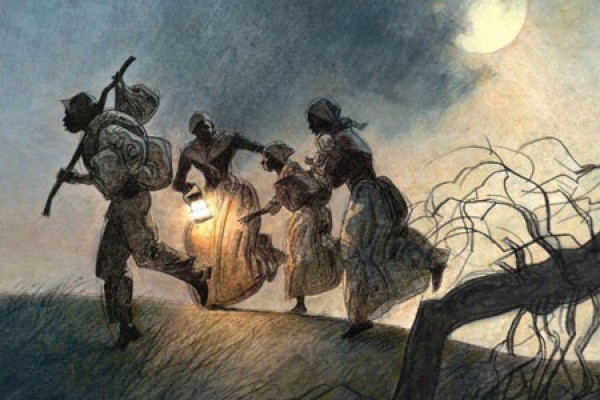 Many slaves escaped their situations in the US only to be re-enslaved in the Maritimes, according to a visiting lecturer who will speak here Thursday.
Many slaves escaped their situations in the US only to be re-enslaved in the Maritimes, according to a visiting lecturer who will speak here Thursday.
African-descended people played an important role in bringing slavery to an end in Canada’s Maritimes, but that came with some cost, according to an historian who will speak here Thursday night.
“Slavery ended in the Maritimes by around the 1820s, but when it ended, it was replaced by an unprecedented form of racism,” said University of Vermont history associate professor Harvey Amani Whitfield.

Dr. Whitfield, who earned a PhD at Dalhousie University in 2003 and finished a dissertation entitled Black American refugees in Nova Scotia between 1813 and 1840, will speak here as part of the University’s observance of Black History Month. His lecture is titled “Slavery in Canada: The Maritime Provinces.”
He said while Canada made great contributions to helping African descendants through its involvement in the Underground Railway, slavery still thrived in many areas of Canada.
“It’s easy to think of slavery as an American problem, but it’s clear that it was here, in what would eventually become Canada,” said Whitfield, who authored an undergraduate textbook in 2005 called From American Slaves to Nova Scotian Subjects: The Case of the Black Refugees, 1813-1840 and a monograph entitled Blacks on the Border: The Black Refugees in British North America, 1815-1860
Whitfield said many slaves had escaped slavery in the U.S. and came to eastern Canada under the premise of being free, but were often re-enslaved when they were hired on as farm workers only to not get paid for their labour.
While many people owned slaves in the Maritimes, slavery wasn’t technically recognized by statute law, so many slave owners felt insecure about what they regarded as their property, Whitfield said.
“Slavery wasn’t legal in the sense that there wasn’t a slave code, although it could be recognized as a form of private property,” Whitfield said. “So there was a constant battle to legally recognize and define what slavery really was here.”
He said many slaves took their battles to court, and with the help of local abolitionists and sympathetic judges, the practice eventually ended. However, that end contributed to a sense of resentment that manifested itself in openly racists attitudes and behaviour, he added.
Whitfield will deliver his lecture at 7 p.m. February 27 in the Oak Room, Vanier Hall. All are welcome.
